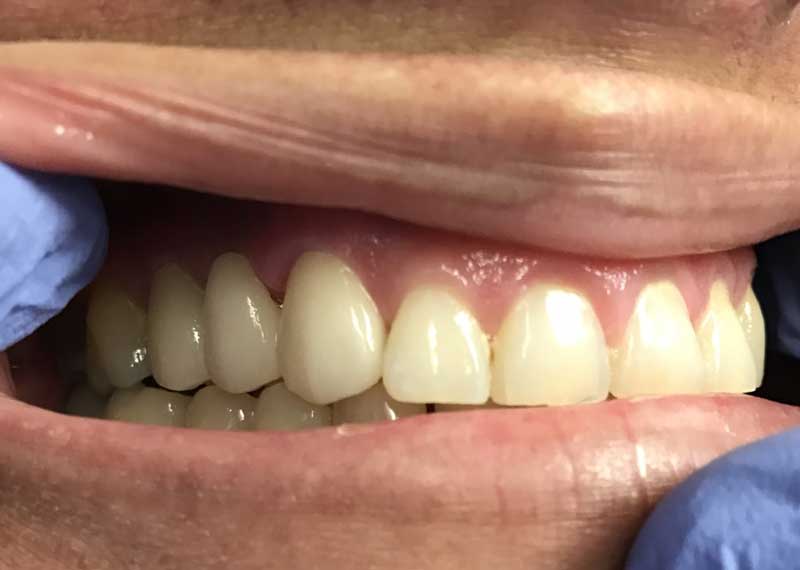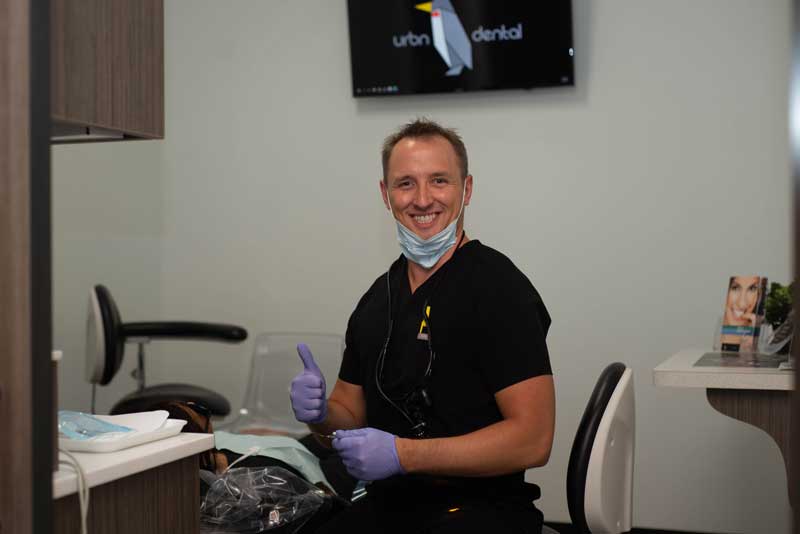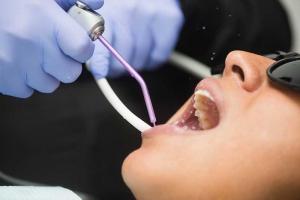Root Canal After Care Dos and Don'ts
الجسم
Your root canal treatment may have been successful, but that doesn’t mean you can ignore it. Here are some dos and don’ts to ensure your endodontic procedure has long-lasting effects!

What is Root Canal Aftercare?
If you’ve recently had a root canal procedure, there are things you need to know about what to do and what not to do after your appointment. Your new tooth is more vulnerable than an ordinary tooth; it’s a foreign object in your mouth that needs extra care so that it can heal properly and last for a long time. Read on for tips on root canal specialist near me .
How do I get through it?
A root canal is no fun, but it’s also something you can get through with a little preparation and care. A root canal is typically referred to as an endodontic treatment for a tooth that has been decayed or cracked. The goal of root canal therapy is to remove nerve damage and inflammation, as well as save your natural tooth. Without these treatments, your tooth may eventually become abscessed.
What are the common side effects?

If your tooth is sensitive to heat or cold, eating certain foods can be quite uncomfortable. Avoid spicy foods, hard candies, ice cream and other hard-to-chew items for at least a week after treatment. You should also avoid chewing on both sides of your mouth until it heals; otherwise, you may damage or irritate an adjacent tooth. If you feel pain after root canal therapy, contact your dentist right away. While mild pain is normal during healing, severe pain or swelling warrants attention from a professional. A rare but serious risk of root canal therapy is infection. The risk of infection is between 1 percent and 3 percent, according to Mayo Clinic , which means that out of every 100 cases there will be one to three infections within one year's time.
How can I prevent them?
The most effective way to prevent endodontic problems from recurring is by maintaining proper oral hygiene. This means brushing your teeth twice a day with fluoride toothpaste, flossing at least once a day, avoiding sticky or hard foods that can become lodged between teeth or under fillings and making regular visits to your dentist. Of course, if you’ve recently had a root canal procedure done, these habits are particularly important. However, there are also some steps you can take immediately after leaving your dentist’s office to help relieve any discomfort caused by anesthesia or reduce swelling
When can I start eating again?
Normally, you can eat normally immediately after your root canal procedure. If you're eating solid foods, try to stick with easy-to-chew foods, such as mashed potatoes or soft applesauce for a day or two to make sure your mouth feels okay. Aspirin, acetaminophen (Tylenol), ibuprofen (Advil) or naproxen sodium (Aleve) can help relieve any pain after your root canal. If you need more pain relief, talk to your dentist about medications that are safe for use with a root canal procedure.
What else should I know about my Root Canal procedure?
Some people will tell you that it's crucial to floss your teeth after having a root canal. You've probably heard of how important it is to floss regularly in order to keep your mouth clean, which is absolutely true. But as far as your root canal goes, there's no need to worry about introducing extra bacteria. The procedure should clear out any infected or dead cells, so don't be concerned with how you're treating your mouth post-procedure; just make sure you continue doing what you were doing before! : Some people will tell you that it's crucial to floss your teeth after having a root canal. You've probably heard of how important it is to floss regularly in order to keep your mouth clean, which is absolutely true.
Final Thoughts on Root Canal Aftercare
Seek consultation if you experience any of these symptoms after your root canal procedure. This may be a sign that your procedure didn’t go according to plan or that you have developed an infection. Keep in mind, root canals aren’t perfect, even for dentists—there are many things that can go wrong with a tooth even after getting a root canal. If you’re concerned about ongoing pain or discomfort, see your dentist. In fact, it's best to regularly see your dentist on an ongoing basis no matter what. You should also keep up with regular dental cleanings, flossing and brushing habits as part of good hygiene to help prevent cavities and gum disease from reoccurring.













تعليقات